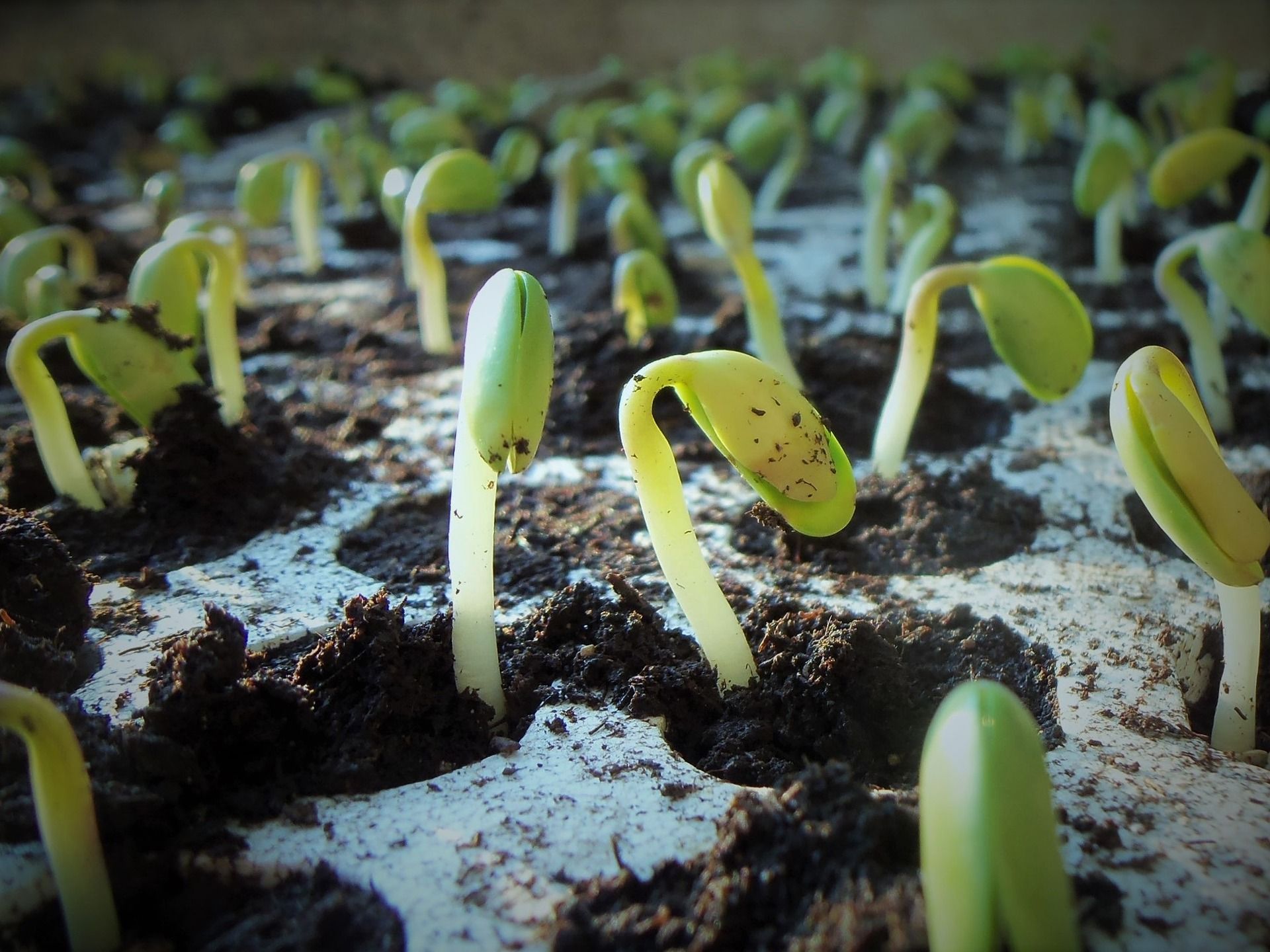Columbus-based biologicals producer 3Bar has raised a $2 million Seed Round lead by Rev1 Ventures, an Ohio-focused early-stage VC with a focus on healthcare, materials, agribusiness, and cleantech. Maumee Ventures, Ohio TechAngel Funds, Queen City Angels, Carmen Innovations, and SVG Thrive Fund also participated in the round.
3Bar creates yield-boosting biologicals delivered in a unique container that allows the user to activate the microbes just before application, increasing the effectiveness of the product, according to CEO Bruce Caldwell, who founded 3Bar in 2013 after seven years heading R&D at Miracle-Gro.
3Bar will use the new funds to expand the market for its first product, a yield enhancer called Bio-YIELD, through retailers and cooperatives in Ohio and around the region. The company claims to deliver a five times return on investment for farmers and 1 gallon covers 40 acres of corn or soybeans. The company’s second product will likely be a bio-pesticde, developed through a grant from the USDA, which will require more regulatory scrutiny than the beneficial biological product. The first pesticidal product from 3Bar will likely target soybean nematodes.
3Bar microbes “hibernate” in solid form in the cap of a 1 gallon container until the grower is ready to use them. The user then pushes a button and releases the microbes into a “growth solution” where they “activate” through fermentation and multiply exponentially, producing hundreds of millions of microbes over a 24-hour period. The microbes are then applied just after seeding so that the cultures can colonize and grow as the seed grows, increasing the plant’s defenses and therefore increasing overall yield.
Caldwell says that this patented activation and delivery process makes the beneficial microbes much more effective and has some skepticism for other biologicals on the market that are delivered ready-to-use. “For every other product that is relying on living microorganisms in the market today, that fermentation happened back at a facility months ago.”
He says that though the microbes will stay active for a time, they start to decline eventually and growers have no way of knowing wether what they are applying is still effective. The timeline for decline is different for every species
According to Caldwell, some companies are limiting their product offering to accommodate this degradation cycle. “What the larger companies are doing is limiting themselves to a few common species that form spores so that they have some chance… I’m convinced that this is the achilles heel of the industry,” said Caldwell, who seeks to change the mixed reputation of biologics on the whole.
3Bar raised $150,000 in seed funding also from Rev1 Ventures in July 2015.
“We made an early investment in 3Bar because we saw the promise of their research-backed offering and their unwavering commitment to providing farmers with a solution that works,” said Dave Bergeron, of Rev1 Ventures.
3Bar’s technology originated at Ohio State University.





